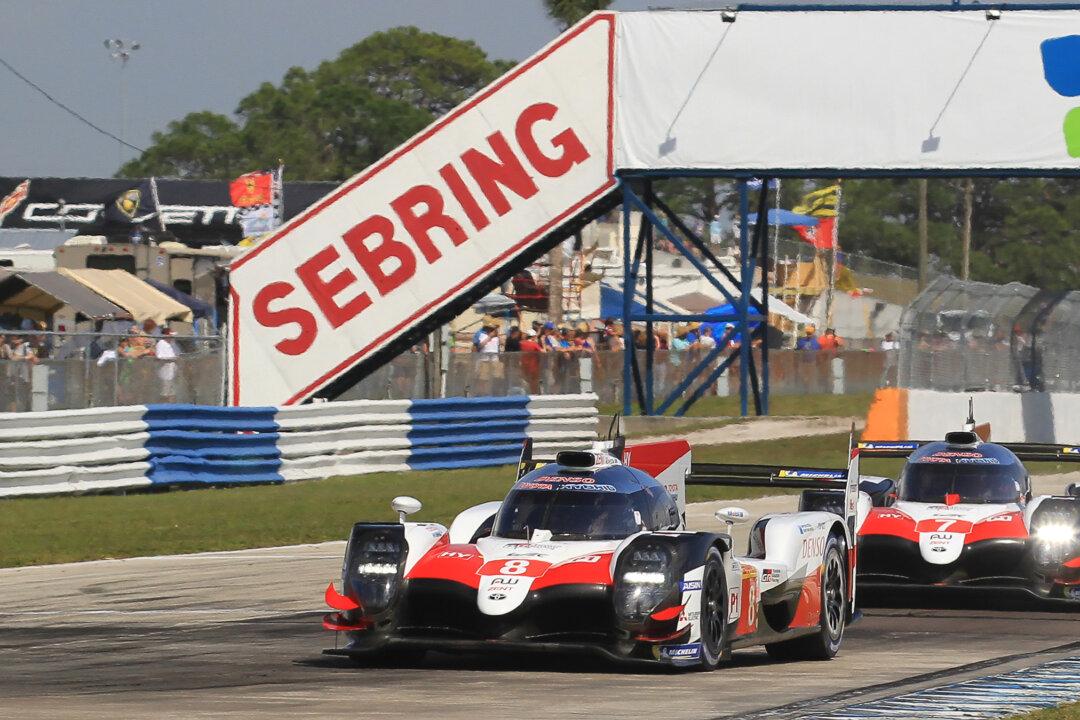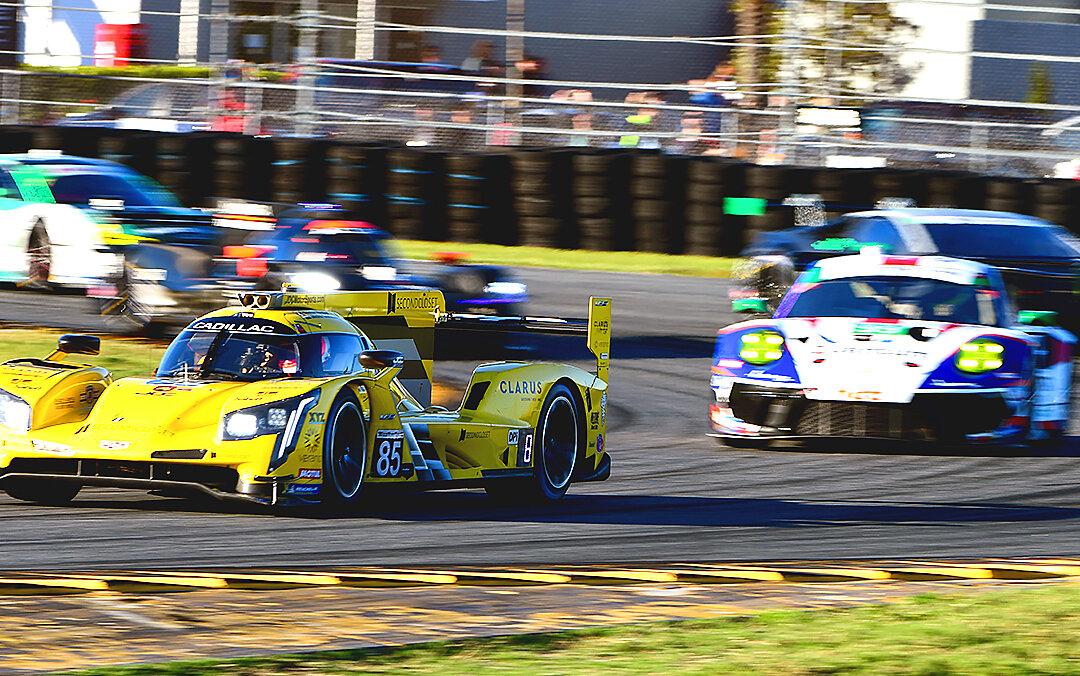Ag2R’s Romain Bardet became the first Frenchman to win a stage in the 2016 Tour de France as he attacked from a breakaway and rode solo across the finish line of Stage 19. Bardet not only won the stage he advanced in the General Classification from fifth to second place.
Stage 19, 146km from Albertville to Saint-Gervais Mont Blanc, offered four categorized climbs and a mountaintop finish. because the stage was so hard it presented the last, best chance for General Classification contenders to advance, which led to non-stop attacks in the final kilometers.
The stage was also filled with chaos and carnage. A short sudden rainstorm on the descent of the Hors Categorie Montée de Bisanne caused half-a-dozen crashes, which claimed three GC contenders: Bauke Mollema, Richie Porte, and Chris Froome all got caught up in crashes which cost them late in the race.
Bauke Mollema’s two crashes effectively ended his Tour de France. The Trek rider will continue through the final two stages, but he has dropped from second to tenth in the General Classification.
Richie Porte was delayed by a crash in front of him, but didn’t go down himself,. however, he had to spend a lot of precious energy catching back up the the lead group on the steepest part of the final climb. Porte had planned all along to attack repeatedly on the final ascent, and he did, but his legs gave out in the final kilometer. The BMC team leader had hoped to make up some of the time he had lost to a flat tire in Stage Two. Instead, he ended up losing even more time.






